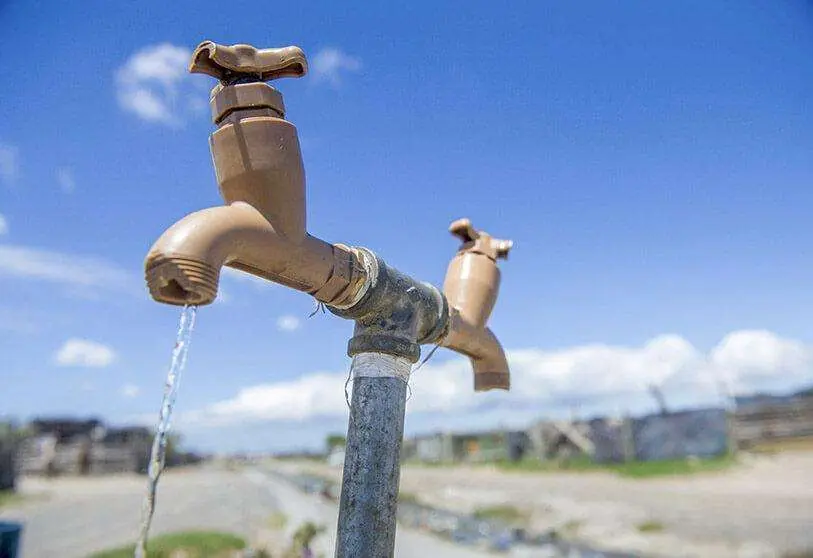It's time to tackle the very serious water problem

It will not be because there have not been many alarm signals warning of the catastrophe that the lack of reasonable water management would mean for the human race. It has taken the worsening of climate change for governments to finally decide to face up to the main consequence of the phenomenon: the disappearance of lakes, rivers and all kinds of freshwater reserves, essential for life, throughout the length and breadth of the Earth.
10,000 delegates, technicians and water management specialists have been tackling the problem for three days at the United Nations headquarters in New York. A universal general conference on water, the first monographic conference to be held since 1977! The threat of the wild wolf of the lack of drinking water is now so obvious that it has finally awakened the consciences of those in power, who are also aware that such a global problem can trigger serious inter-regional conflicts.
Antonio Guterres, the UN Secretary General, warned at the closing of the conference that "all the hopes of humanity depend to some extent on a change of mentality and conscience to undertake a true global programme of action for water". Guterres previously denounced the "vampiric over-consumption of humanity's most precious commodity" and the endemic shortages suffered by at least a third of the world's more than 8 billion people.
An exhaustive enumeration of the hundreds of thousands of incidents that point to the lack of drinking water as one of the most pernicious effects of the climate catastrophe: the disappearance of the Aral Sea, of more than 50% of the world's glaciers, the accelerated drying up of springs, springs and oases, to which is added the worst of the problems related to water, its massive and unstoppable contamination.
Widespread access to drinking water was one of the main objectives for the year 2030. Well, according to UN figures, 2 billion people in the world do not have daily access to drinking water, and 3.6 billion consume water that is contaminated to a greater or lesser degree due to a lack of adequate sanitation services. The United Nations estimates that 500 million people are forced to relieve themselves in the open air. These figures are encouraging the spread of deadly diseases such as cholera and dysentery.
It is also the first time that the developed world has suffered widespread episodes of severe drought, hitherto largely confined to the poorest parts of the world, especially Africa. Africa is particularly hard hit by all the problems inherent in water scarcity or lack of sanitation plans. This causes enormous despair among the populations directly affected, which in turn leads to an increase in emigration in search of less inhospitable places to live, which in turn is the cause of the floods of migrants, more and more frequent waves of whom are arriving in Europe.
However, having denounced the situation, alerted governments and listed the need to undertake all kinds of works to better manage freshwater, it is now time to agree on priorities and generously provide financially for the plans that make up the essential action, both for each country and for the different supranational institutions. We need to clean up no less than 300,000 kilometres of degraded watercourses, which discharge tens of millions of tonnes of waste into the sea, literally drowning the oceans. There is a need for sanitary toilet facilities, allowing widespread access to evacuate in acceptable hygienic conditions. And, finally, the solidarity necessary for countries and governments to be able to find fair and equitable solutions for the distribution of water, failing which serious conflicts could lead to long and costly wars.
It is worth highlighting the proposal to create the figure of a UN special envoy to promote the recommendations arising from this conference. Guterres has agreed to consider it. If he accepts it, it should be to prevent disaster by effectively managing resources. The threat hangs to a greater or lesser extent over the whole of humanity and it would be dramatic if it only served to increase bureaucracy.

